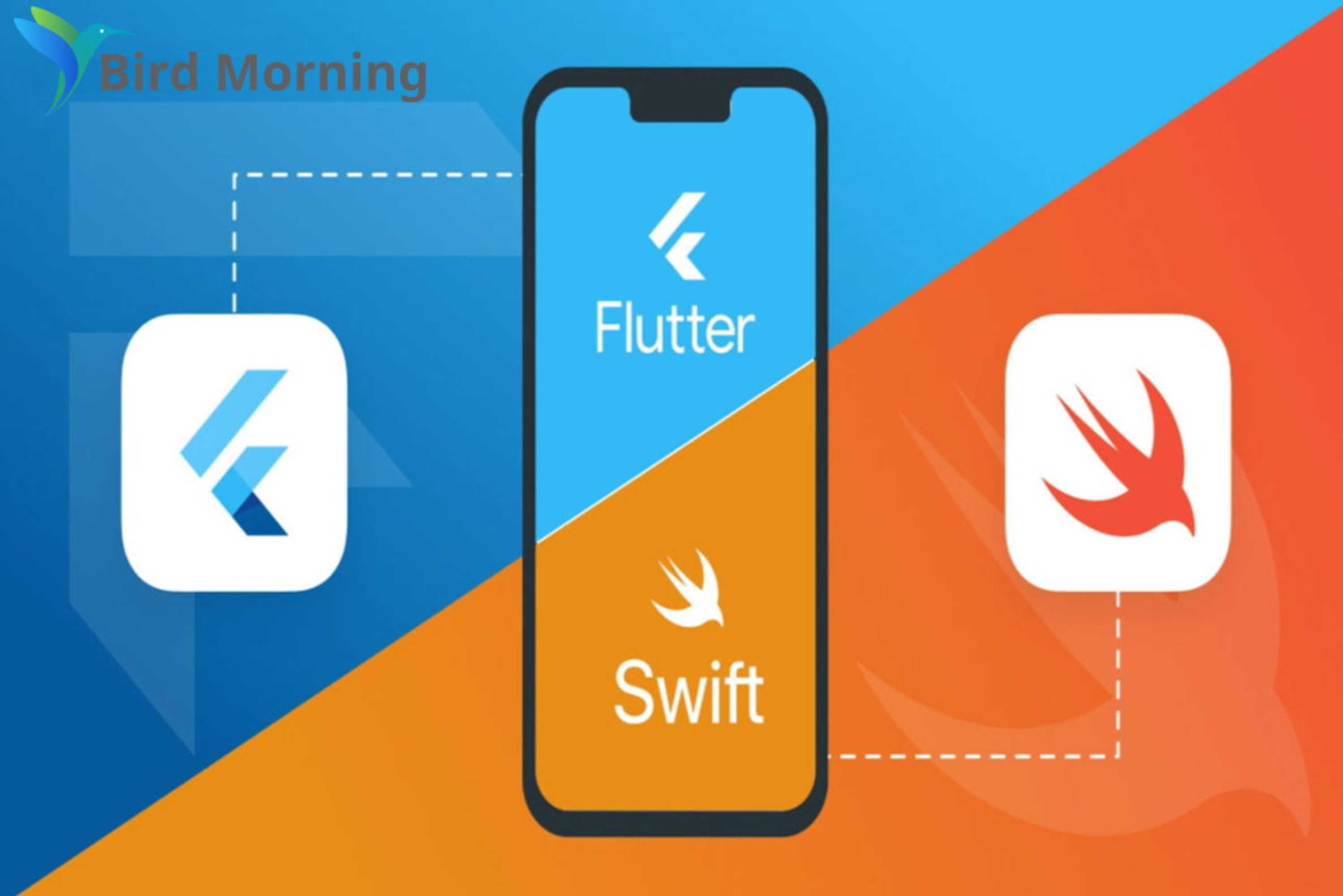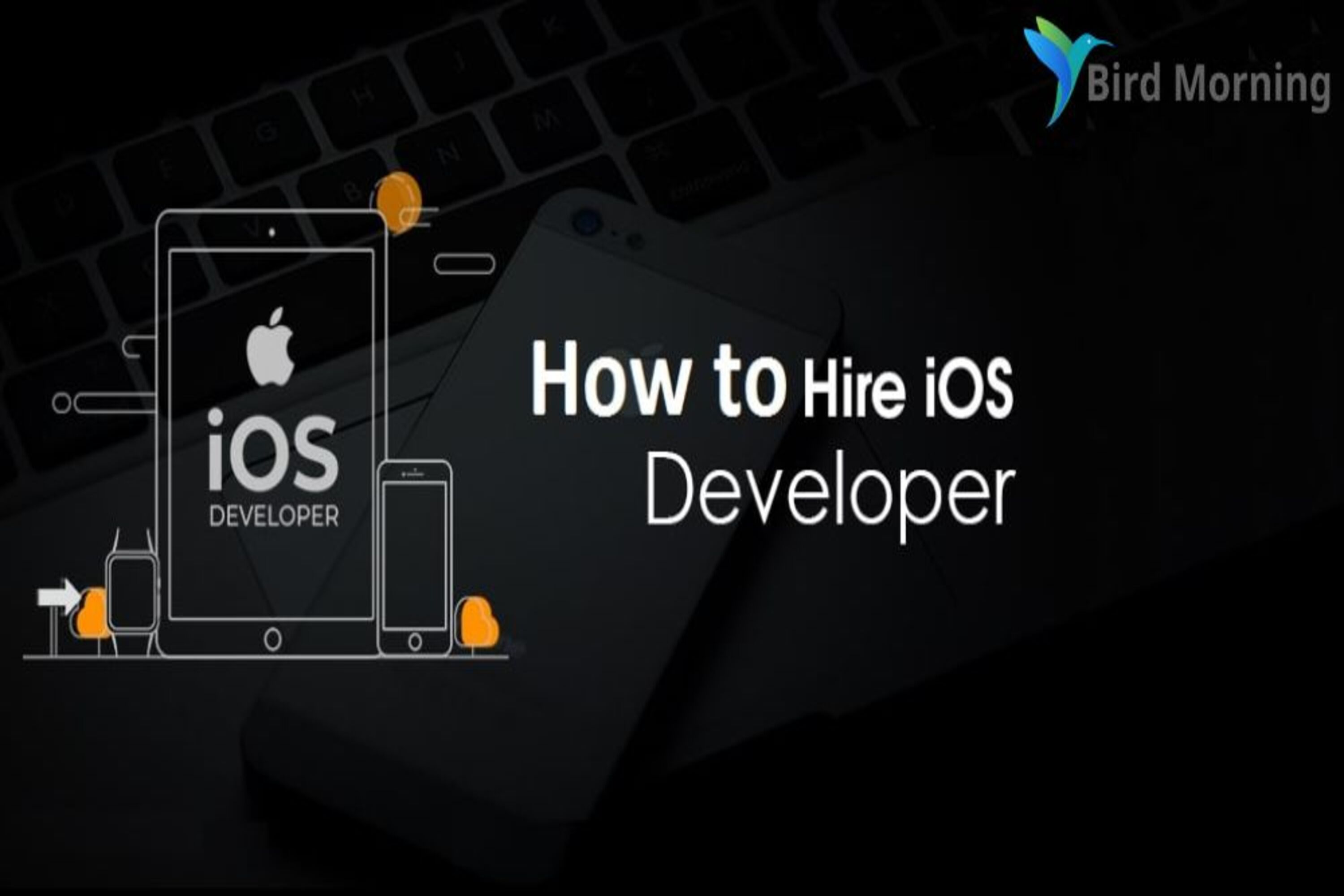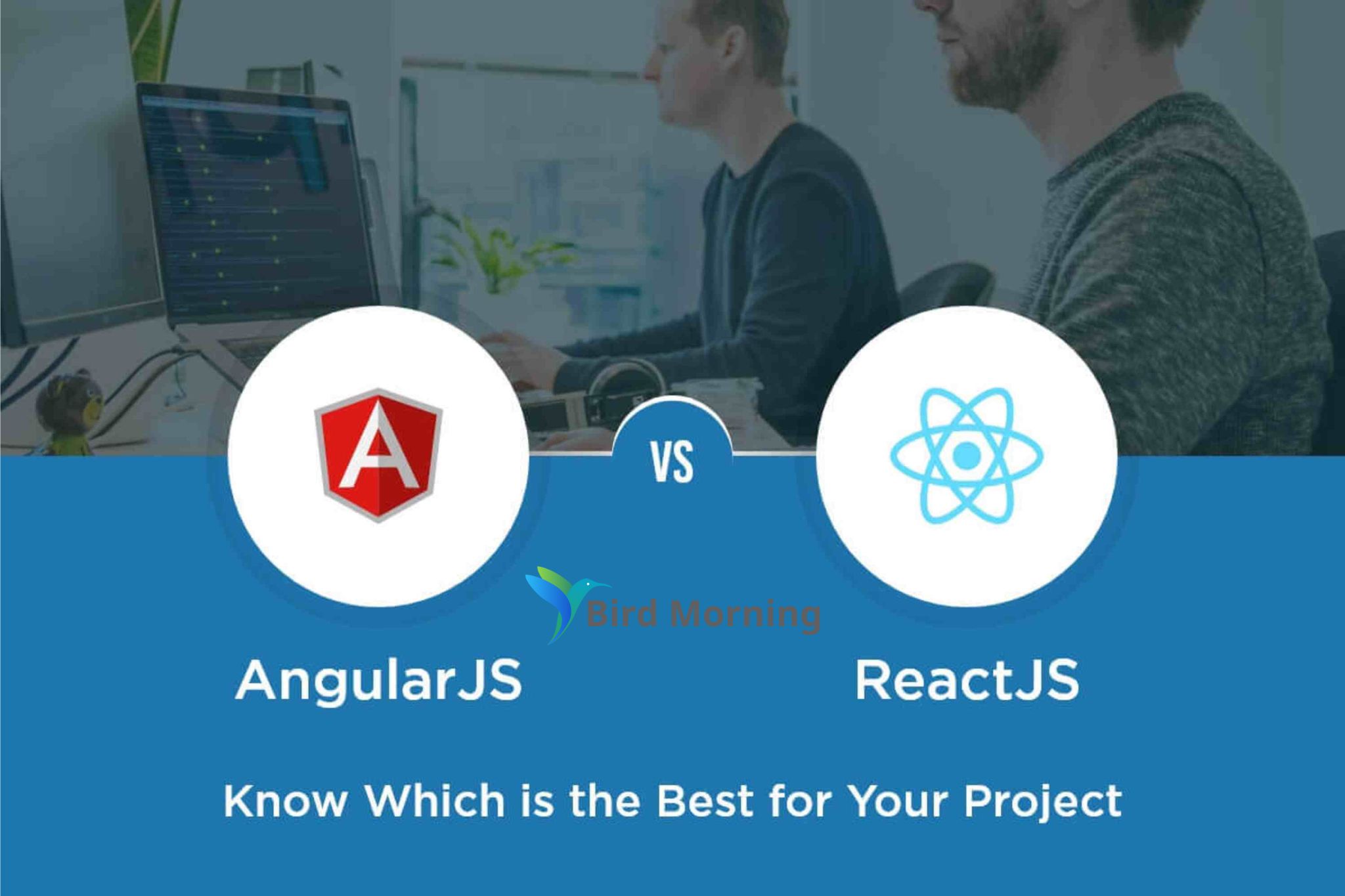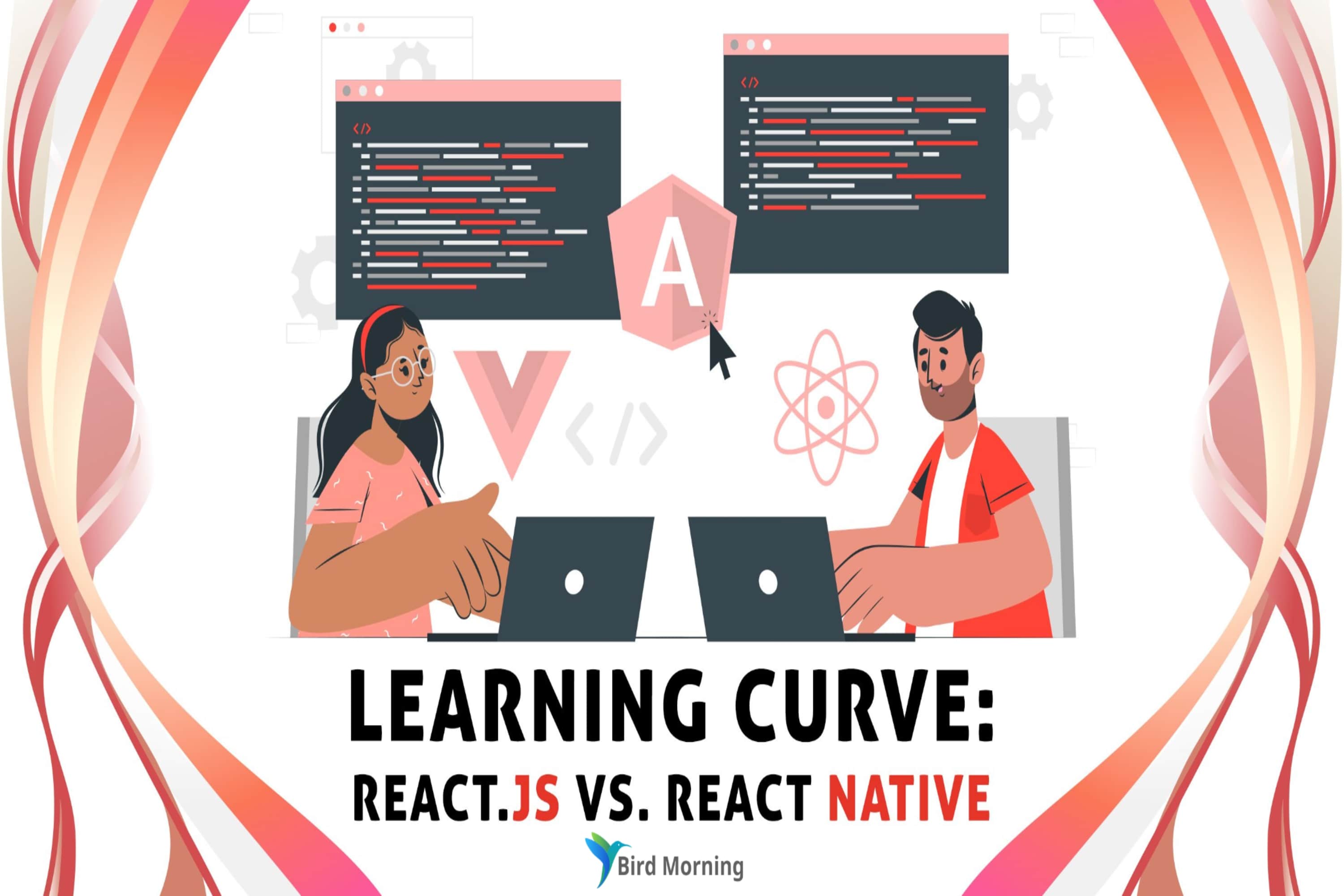Flutter And Swift: Which One Best Fits For Your IOS App Development in 2024?

iOS devices have been quite popular due to their amazing performance and highly functional features, which make them extremely enticing to users. Entrepreneurs understand ios development projects as a key instrument for growing their businesses. However, while designing iOS apps, selecting the appropriate technological stack is critical.
Flutter and Swift are two of the most popular alternatives, according to a prominent iOS app development business with years of experience in generating iOS apps. Google's Flutter is a cross-platform mobile app development framework, whereas Apple's Swift is a programming language designed particularly for iOS app development.
But, in 2024, which is better for iOS app developers to use? Swift vs. Flutter is not a new war, but it now has a new perspective. You will learn about Flutter vs Swift in this section as we compare the two.
What is Flutter?
Flutter is an open-source user interface toolkit that allows you to create natively built mobile, web, and desktop applications from a single codebase. It was created by Google and was originally made available in May 2017.
Flutter is written in the Dart programming language and includes a plethora of pre-built widgets and tools to help you create beautiful and responsive user interfaces. You may engage Flutter developers to assist you with developing apps for both the iOS and Android platforms utilizing the same codebase, cutting development time and expenses.
Because of its simplicity, flexibility, and quick development cycles, Flutter has recently acquired prominence. It is one of the top four frameworks for developing mobile apps. There are approximately 24,000 Flutter apps with over 11 billion downloads.
The Advantages of Using Flutter in iOS Mobile App Development
1. Quick Interface Design
It is faster to design the app's interface than native development and scales across numerous form factors. The framework works flawlessly on both Android and iOS.
2. Rapid Reloading
When compared to older methods that need manual procedures for every code change, a hot reloading feature falls under seamless development. It eliminates guesswork and allows you to make changes to your code without having to rebuild your app.
3. Cross-Platform Development
It is important to highlight that Flutter-built iOS apps do not require any platform-specific code, so nearly any app may be written using this framework.
4. Tooling Assistance
Flutter for iOS includes its own set of tools, including an IDE and compiler, making it simple for developers to work with Flutter code. Flutter editor, flutter simulator, and other tools are included with the tooling support.
5. Troubleshooting
Debugging tools for the Flutter iOS app are simple to use and effective. The rationale for this is that Flutter developers benefit from hot reloading, and developers can also check for bugs.
Famous apps built with Flutter include:
● Groupon
● Alibaba.
● Tencent
● eBay Motors
● Philips Hue
● The New York Times
What exactly is Swift?
Swift is a computer language created in 2014 by Apple Inc. It was created to be compatible with Apple's frameworks and operating systems, including iOS, macOS, watchOS, and tvOS.
Before being executed, Swift code is compiled into machine-readable code. It is well-known for its simplicity, readability, and ease of use, making it an effective language for developing iOS applications. It also comes with a plethora of built-in libraries and frameworks that make typical tasks like working with user interfaces, networking, and data storage simple. Swift can also be used by businesses and startups wanting to build iOS apps.
The Advantages of Swift for iOS Mobile App Development
1. Effectiveness
The fundamental advantage of developing apps with Swift is that the performance is superb, and the code is simple to read and create. You don't have to worry about multiple layers of memory management or sophisticated objects for this.
2. Easy to understand
Both novice and professional mobile app developers may readily understand the script without having to learn new syntaxes, making learning easier for newcomers.
3. Powerful Tools
In terms of Swift tooling support, Apple offers several options for developers. It is what makes learning Swift and using it as a development language easier for developers.
4. adaptability
Swift is not very limiting in terms of the libraries or frameworks you can use to construct your app. When it comes to selecting a framework that increases the quality of the development process by leaps and bounds, you have a lot of options.
5. Free and Open Source
Swift is backed by a diverse set of open-source libraries and frameworks that allow you to customize and develop your program. It enables you to utilize features around the globe and improves your app development skills.
Popular Apps Created Using Swift are:
● Airbnb
● Lyft
● Slack
● Uber
● Zomato
Swift vs. Flutter for iOS app development
To compare Swift and Flutter, consider the fact that both platforms are used to create the same application. As a result, the criteria for selecting the finest iOS app development for a specific platform may be straightforward.
Here are a few benchmarks to consider as comparing factors:
Integration and growth
Swift provides seamless integration throughout the development process. Apple's ability to improve its applications may be limited. Nonetheless, Flutter app development tools are capable of detecting, building, testing, and packaging any app. As a result, Flutter might be at the forefront of integration and development.
Accessibility
Apple provides an Accessibility API; nevertheless, iOS app developers must submit accurate data to each UI component in iOS apps that use the UI Accessibility technique. Flutter, on the other hand, demands some specific treatment to be accessible to all. Flutter guide would require more help to facilitate accessibility; so, Swift outperforms Flutter in this category.
The onboarding procedure
For the onboarding process, native iOS app development would need little effort. Flutter requests more configuration for the onboarding process because it is still considered an emerging technology. In this situation, Swift has the upper hand over Flutter.
Flutter vs Swift Performance
Swift is a native language for building iOS applications for Apple products that are optimized for app performance. It is a standard language that gives you an advantage in terms of realistic features and tremendous computational capacity. Flutter, on the other hand, is not a weakling. Dart makes use of all of its incredible features to make iOS applications appear and feel natural. However, the race is ultimately won by the fastest.
Cost of development
If you choose native app development using the Swift coding language, the cost of iOS application development would be higher. However, by hiring Flutter app developers, you may grow your team at very low costs using a variety of recruiting methods. Without a doubt, when choosing between Flutter and Swift in this category, Flutter wins.
Time for development
Through a simple command on the Flutter apk, Flutter provides the entire time it took to construct an app. The Swift app development time can also be estimated using the Xcode command line. The time is displayed once you have completed your app and executed the build command from the product menu. As a result, Swift wins on this metric.
Bottomline:
Though there may be compelling reasons why Flutter is the ideal choice for your next project, in this situation, iOS app development is easier with Swift programming languages. The app appears professional and provides the best features and functionalities to convey company objectives without misunderstanding. You can Hire Swift developers or Hire Flutter app developers as per your requirements and parameters.





